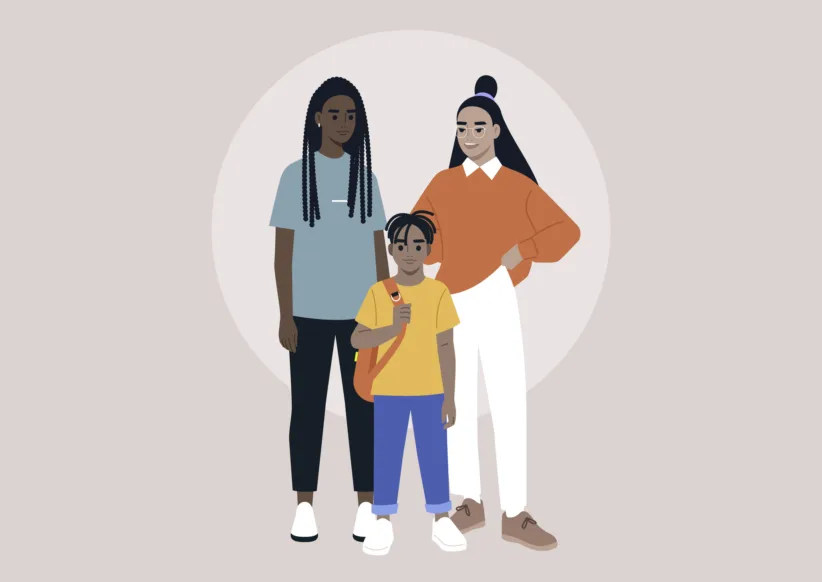Dear Dr. Karyn,
I am currently going through a painful divorce, and my kids are really struggling. We were in a toxic relationship, but now my kids are really suffering. I realize this is a loaded question, but are there any suggestions you could give to parents in this type of situation?
I recently did a segment for a national television show on helping kids through divorce with the simple dos and don’ts for parents. Divorce is rarely easy or straightforward — every family’s situation is unique. And yet, I’ve seen firsthand — while working with hundreds of families — that how parents deal with the divorce greatly impacts how “healthy” or “damaged” the kids end up. Many kids (including teens and young adults) don’t know how to voice their needs to their parents, so I often become the spokesperson to the parents, providing practical tips for how to navigate this tough time. Here are three tips to consider:
Filter what you say
Be sure to filter what you are saying not only to your kids, but also when your kids are around. (They often overhear the late-night phone calls if you’re discussing your ex.) The golden rule is to say something positive, neutral, or nothing at all! When children hear negative comments (directly or indirectly), they often feel that they need to choose sides, and this often creates an enormous burden that is unfair and unhealthy.
Also be sure to filter what you say when talking directly to your kids. When a parent makes comments such as “You are so much like your father,” but at another time says, “I can’t stand your father,” your child may interpret that you can’t stand him. It confuses him!
Just remember to honor your partner (even if you disagree on many things) in his or her absence.
Focus on your kids
It’s important to put extra focus and energy on connecting and engaging your kids during this time! This can often be tough for parents going through divorce, because many tell me they feel like they are falling apart and have nothing left inside to give.
My encouragement is to try your best (and get your own support, as I list below). Your kids are losing the family “that they know,” and it is a very big deal for them. Even though divorce is extremely common, it’s a new experience for your children, and it’s important to not minimize their experience, and to recognize the pain it may cause them. When talking with your kids be sure to emphasize:
• That they still have two parents that love them.
• That the divorce is not their fault. (It is never the fault of any child.)
Be sure to spend time with them one on one; they need to know that you are close by during this difficult time. They may be angry, frustrated, distant, or aggressive, and blaming one parent more than another. Expect a wide range of emotions and validate their feelings. (Don’t rationalize your behavior or the decision to divorce.) Listen, listen, and listen some more (yes, I intentionally wrote “listen” three times), and allow them to experience the huge range of emotions they face. Divorce is like a type of death — in fact, many people experience the same cycle of emotions as if a person has died (shock, anger, sadness, acceptance, forgiveness). Give them time to experience and grieve this.
Surround yourself with supportive friends
Many children mirror the emotions of their parents, so the sooner you can work on getting yourself healthy and happy again, the better! To do so, make a list of the people in your life that can be on your supportive team (friends, family, counselor), but definitely do not put your kids on that team.
Kids (including teens but also young adults) should never be the counselor or go-to person for their parent. Yes, they can help in supporting you when you are struggling, but they should never have to feel the burden of being the person you are relying on — it’s too big and heavy for them. One of the most damaging things a divorced parent can do is to unload to their kids. Be intentional to get help from your adult supportive team, so you can return to emotional health and be a better parent to your kids.
Dr. Karyn Gordon is one of North America’s leading relationship and parenting experts. She is a regular contributor to “Good Morning America,” founder of dk Leadership, and best-selling author of “Dr. Karyn’s Guide To The Teen Years” (Harper Collins). Visit her at www.dklea





















